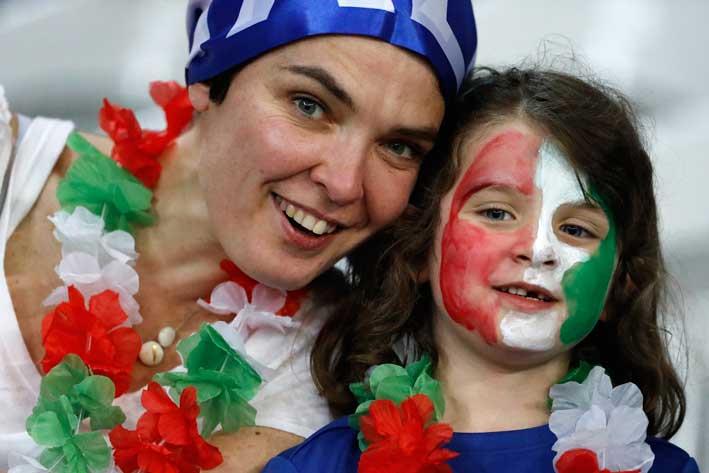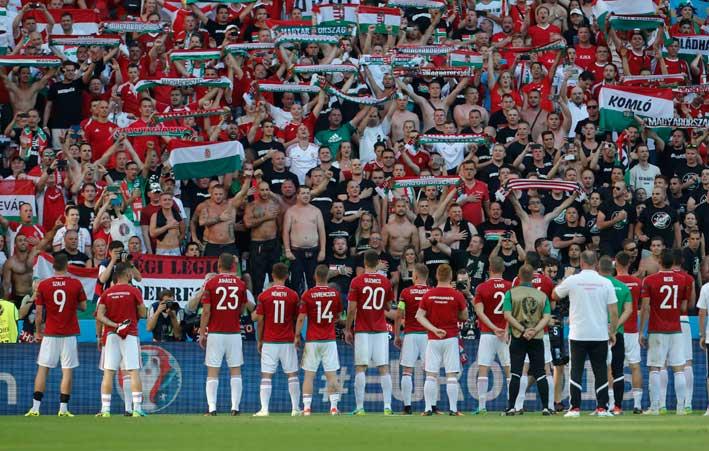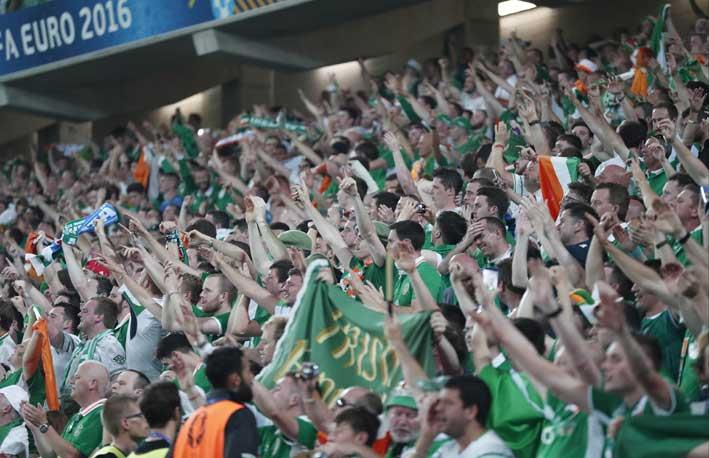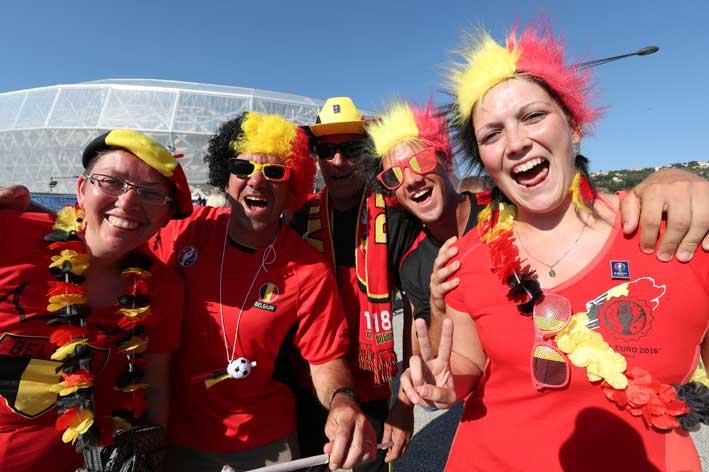The group stage of the Euro 2016 has come to a close with some unexpected turns, with the kind of football shown in these first 36 matches not up to the standard one would expect in such a competition.
One matter that immediately hits you as you look at the matches to be played in the Last 16 stage is that the so-called big guns are grouped on one side of the draw, while the less quoted teams are grouped together on the other part.
This is because, unexpectedly, England and Spain finished second in their respective groups, and Italy unexpectedly won theirs.

And so the question that comes up, inevitably, is whether we will see a team that it not rated high among the pundits going all the way to clinch the trophy in Paris on 10 July.
It happened in 1992, when Denmark won the competition after a late entry following the suspension of Yugoslavia. The Danes were on holiday when Uefa decided to suspend the Slavs who were right in the middle of political turmoil, and Denmark played their hearts out all the way right up to beating Germany in the final.
It happened 12 years later in 2004, when Greece caused a major upset by playing a fantastic tournament from beginning to end to go on to beat hosts Portugal in the final.

Another 12 years have passed, and the chances are there for a repeat surprise. Only one from Germany, Spain, Italy, England and France will make it to the final, giving teams like Belgium, Croatia, Portugal, Poland and, why not, Wales a better opportunity to make it. Of course, being at number 2 in the FIFA rankings list, Belgium entered the tournament among the favourites, but in the eyes of the experts and general public they were still a notch below countries who have already been crowned in the past.
As things stand, countries who have been world and European champions - some more than one – are on one side of the draw, while on the other side none of the teams have ever made it to the top.
I have expressed myself many times against the seeding system as well as a pre-determined format. I am all for an open draw as happens, for example, in the FA Cup in England. And, since there is enough time in between the closing of the first phase and the start of the second – a good three days which is the minimum gap between games as regulated by football rules – I strongly believe that Uefa should reconsider the situation.

It may not have happened this time, but it has happened other times that teams play their final group game with the thought of avoiding this and the other team in the next round. So I am firmly in favour of putting all qualified teams in one basket at the end of the first phase and drawing lots. And then doing the same thing again for the quarter-finals and semi-finals.
One good thing that came out of the 24-team format, with 16 teams to qualify for the second phase, is that none of the 24 teams taking part in the competition were eliminated after two games. With four third-placed teams making it through, countries with zero or one point after two games were still in with a chance, and in fact one of them, the Republic of Ireland, ended up making it to the second round.

On the negative side, the level of football shown in this first phase was below expectations. The so-called stronger teams failed to impress. It could be they have not reached their peak. It could be they are saving their energy for when it matters most. But, by and large, many (if not all) games have been disappointing. We have not seen any new ideas, any new concept, any new star emerging from the games played so far.
And most of the players who were expected to shine have not lived up to their name. Ibrahimovic is already at home, Muller has not scored a goal and neither has Lewandowski, Ronaldo failed miserably in his first two games and only showed some sparks in the third match, while Bale scored two freekicks and another goal but was far from being devastating. Kane failed to impress, Morata and Pogba were up to their level in patches, while Hazard had one good run but did little else.

What stood out, in a positive sense, was the fighting spirit of Italy (in the first two games), and that of Slovakia, Iceland, Hungary and Croatia, teams that do not rely much on the flair of individuals but on a collective effort.
The competition now enters a more exciting phase, with direct elimination, including the possibility of penalty kicks. Nations like Germany, France and England start as favourites in their last 16 stage game, but the remaining five games are very well balanced.
Let’s hope for some better football and some more drama.
